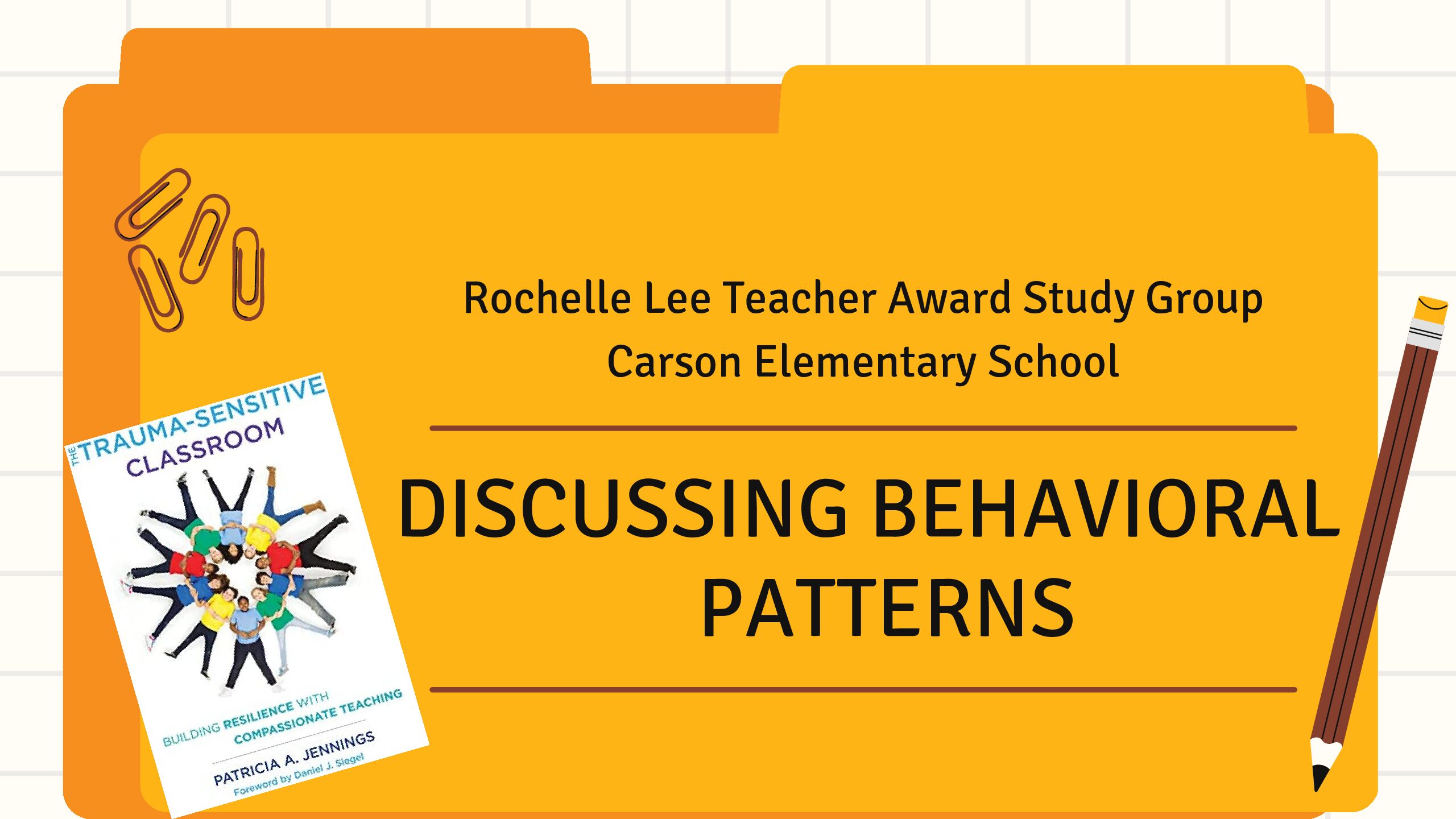
Rochelle Lee Teacher Award Study Groups are school-based professional learning communities. Study groups develop a goal to guide their learning throughout the school year, and meet monthly to discuss instruction and push their practice to reach their goal. Learn more about Carson Elementary School’s study group and what they learned about the components of a balanced literacy program.
School: Carson Elementary School
Text: The Trauma-Sensitive Classroom: Building Resilience with Compassionate Teaching By Patricia A. Jennings
Study Group Leader: Lilyana Flores
Study Group Members: Jesse Bostic, Virginia Lopez, Amber Newsom, Rogelia Pena
Goal: Originally, the goal was that by May 2022, we will increase student independence and sense of emotional awareness by 70%. We will do this by measuring a pre and post-student survey and implementing at least one strategy or approach from the book in our classroom as well as targeting tiered students based on their SEL needs.
However, in the text, Jennings emphasized how important teacher care is: physically, emotionally, mentally, and spiritually. This is integral to fundamentally first before assisting students in the respective areas. Therefore, many of the strategies we wanted to implement in our classrooms starting at the beginning of our meetings were actually strategies for teachers and/or foundational theory on trauma.
Because of that, our goal changed over time to discussing behavioral patterns in our students as opposed to measuring a specific percentage of growth.
Our biggest takeaway from the book is that it is important for teachers to be socially and emotionally healthy to successfully address student trauma. We also learned that colleagues can work together to identify solutions to support our students to problem solve when it is difficult for them to do it on their own.
Overall, this text was effective in providing the foundational knowledge that all teachers need regarding trauma. The practical strategies to implement in the classroom were described toward the end of the book.
We think that the most helpful parts of our book club were the SEL survey we created to tier students based on their SEL needs and our conversations about when and how to intervene in different social relationships in the classroom to ensure all students feel comfortable and safe.
In regards to the survey, we think it is more useful than other typical “get to know you” surveys in terms of getting to know students in a meaningful way at the beginning of the year.
As far as our conversation/collaboration goes, we worked on applying the survey to our students and practicing the strategies like discussing behavioral patterns with the students that we noticed needed support.


